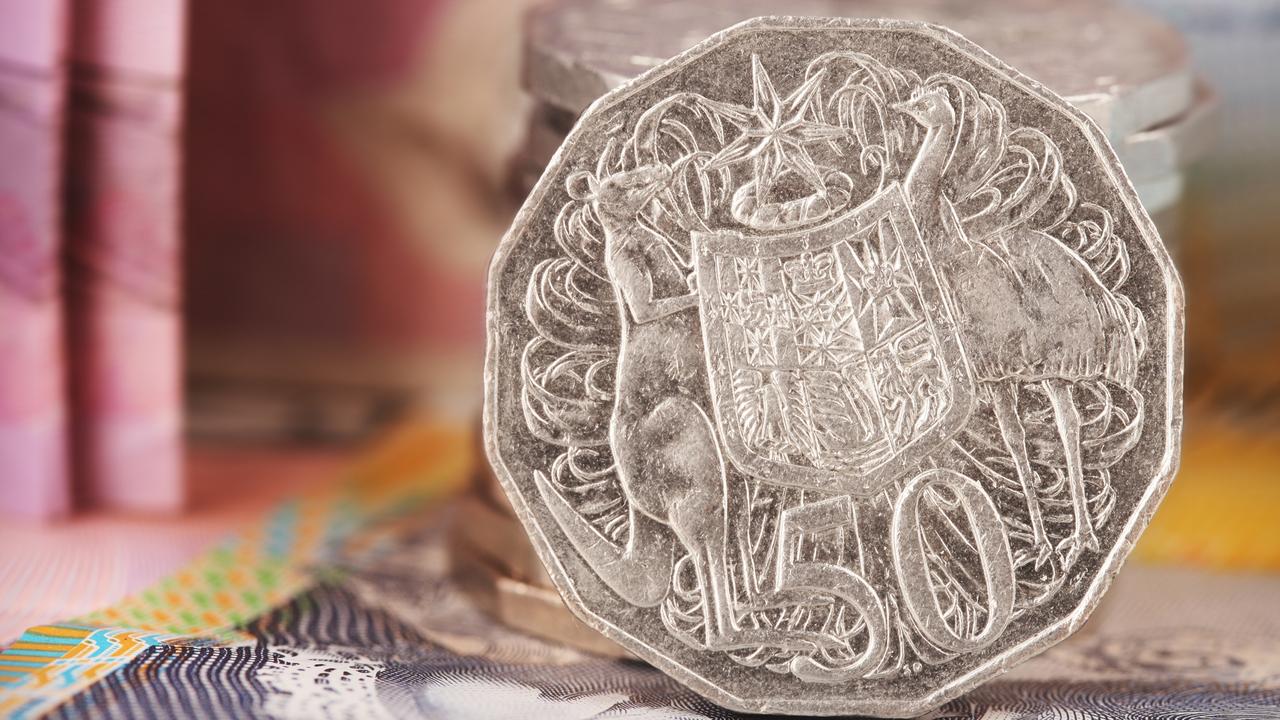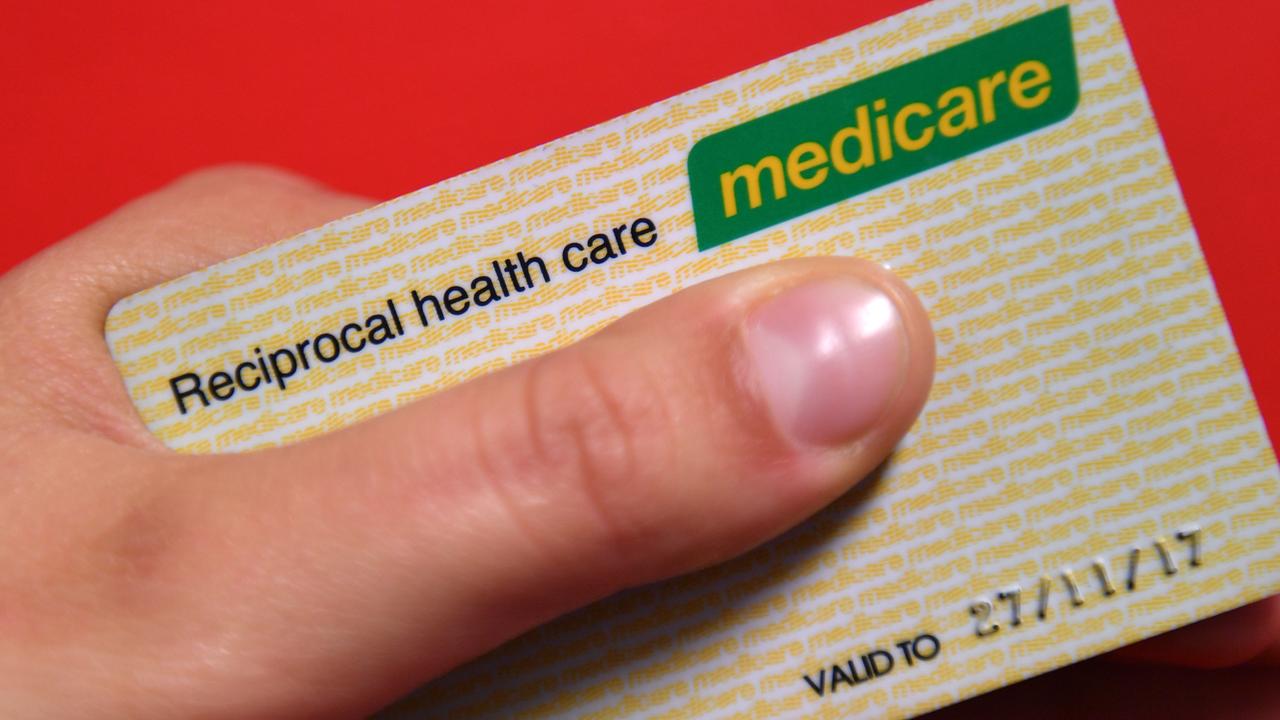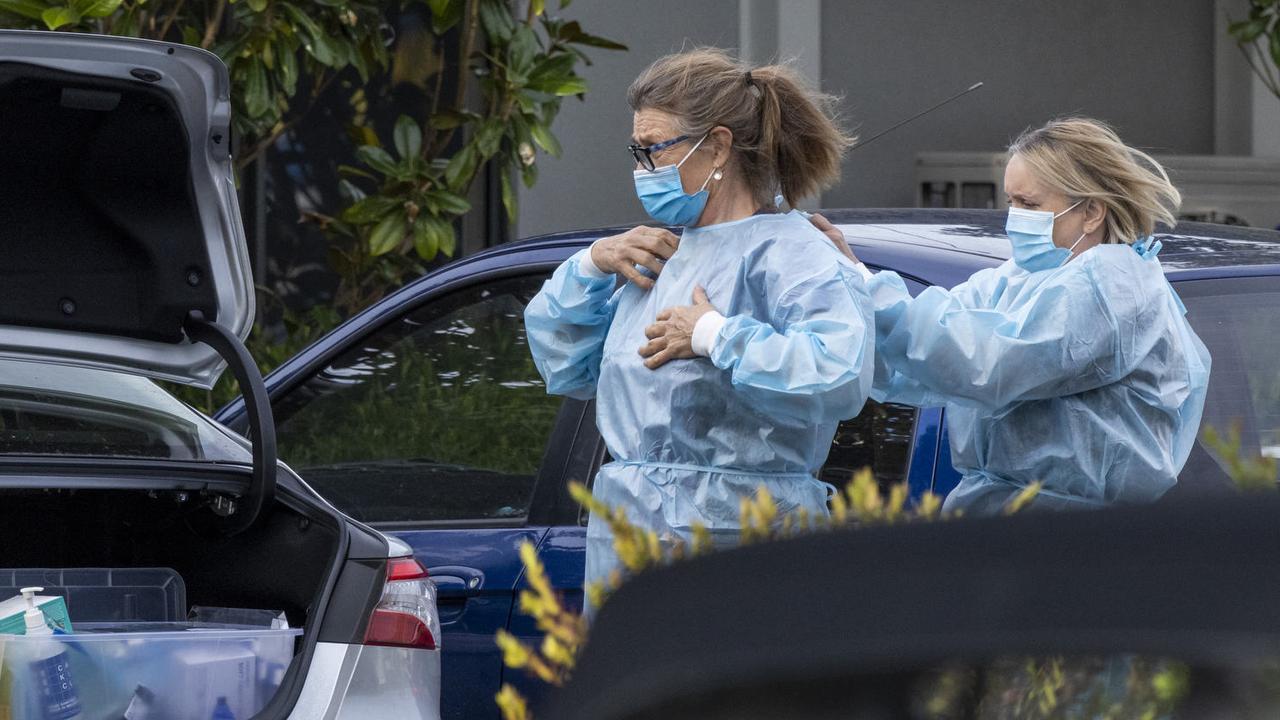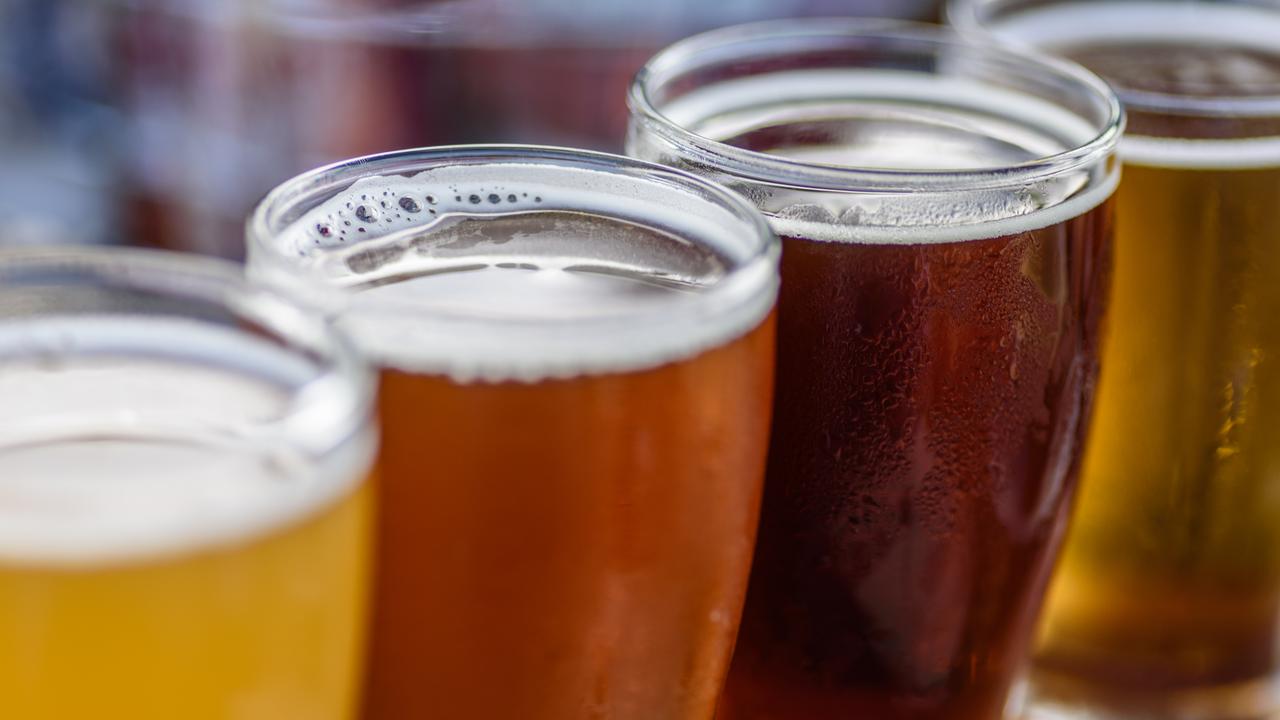New laws coming for Australia on July 1: All the changes you need to know
Everything from wages and healthcare will take a hit. Find out where you can save some money and which things are going to cost more.
The new financial year is here, and a number of things are due for an overhaul.
It’s an important mid-year milestone where many policies come into effect that will impact your healthcare, your wages and even the price of your next craft beer.
Here’s what you need to know for July 1, 2021.
Superannuation to rise, some salaries to fall
From the beginning of the new financial year, working Australians will receive a 0.5 per cent boost to their superannuation fund.
Legislation requires super to increase from 9.5 per cent to 10 per cent from July 1, and then rise 0.5 per cent each year, until it reaches 12 per cent by 2025.
The superannuation guarantee is the mandated amount that employers must contribute to their workers’ retirement savings.
Labor superannuation spokesman Stephen Jones said the average 30-year-old worker was set to pocket an extra $80,000 to $100,000 in super under the change, and that it would equate to about an extra $6 a week.
The downside is that some workers will get a pay cut, with employers dipping into their base salary to make up the difference.
Workers from major Australian companies, including Telstra, AGL and ANZ, revealed that some will be getting paid less under the new change.
Both Telstra and ANZ told news.com.au it was only senior management positions experiencing the cut in pay.
RELATED: The jobs that will pay you $200,000

RELATED: Australians can expect ‘bumper’ tax refund this year
Other superannuation changes
It’s not the only change headed for your super.
The rule that stops workers who earn less than $450 a month from receiving superannuation is set to be scrapped.
That means no matter how much you earn, you’re entitled to super.
It’s the threshold that causes almost twice as many women as men to miss out on a super contribution when working in insecure, part-time jobs.
The change is meant to begin on July 1, provided the legislation is given royal assent.
Thousands of Australians owed up to $1080 in tax returns
This handy tax break is headed for your pocket this July, with as much as $1080 up for grabs.
The low and middle income tax offset is available to all taxpayers with income of up to $126,000.
The amount available differs depending on your income.
You don’t need to complete anything in your tax return in order to receive it; simply lodging it is enough.
Mark Chapman, director of tax communications at H&R Block, previously told news.com.au: “Basically, if your income is less than $37,000, you will receive $255. If your income is between $37,001 and $48,000, the tax offset will increase steadily to $1080.”
The tax reprieve has been extended for another year – leaving the painful decision on when to cut it until after the federal election.
The policy is expected to benefit some 10 million Australians, at a cost of $7.8 billion from the Government’s coffers.
RELATED: How to avoid Medicare levy surcharge

Medicare rebates to be updated, added or removed
Around 900 Medicare Benefits Schedule (MBS) items with rebates related to private surgery are set to change after a review of all 5700 Medicare rebates.
All kinds of changes could be announced which affects medical procedures including general surgery, orthopaedic surgery and cardiac services.
It could lead to as much as $10,000 in extra fees per patient, according to early estimates.
The MBS is a list of medical services that the Government subsidises through Medicare to reduce costs.
The review into the MBS went from 2015 to 2020.
Tax reprieve for small and medium business owners
The corporate tax that small or medium businesses have to pay will drop to 25 per cent.
A business qualifies for this reprieve if they have an annual turnover of less than $50 million.
The reduction has been a few years in the making.
Between the 2017-18 to 2019-20 income years, companies had to apply for the tax decrease.
Businesses had to pay 27.5 per cent tax when the policy began.
By 2020, that number had been brought down to 26 per cent and now it is being brought down again.

Pay rise for NSW frontline workers
NSW workers on the front lines of the coronavirus pandemic will be given a long overdue pay rise this coming financial year.
They will receive a 1.5 per cent pay increase.
In June last year, a planned pay rise for 410,000 government workers was put on hold for 12 months.
The Government cited job loss fears as the reason for the freeze.
They saved an estimated $3 billion by delaying the pay rise.
However, Gladys Berejiklian’s move was slammed by unions.
This prompted the Government to offer workers a one-off $1000 stimulus payment expected to cost $200 million.
At the time, it was labelled an insulting gesture.
Boost to arts sector
A Covid-19 Response Package Producer Tax Offset is due to boost Australia’s arts sector.
The tax break will benefit producers making feature films or television series in Australia’s entertainment industry.
The package gives producers a 30 per cent tax rebate.
Productions have to cost a minimum of $1 million to be part of the package.
The stimulus applies to a production that meets all eligible requirements and starts filming on or after July 1 on Australian soil.
Reprieve for craft beer
Around 1000 small brewers and distillers will be offered $255 million in tax relief as part of the Excise remission scheme for manufacturers of alcoholic beverages.
The Government is more than tripling the excise relief cap from $100,000 to $350,000.
Before the July 1 change, eligible brewers and distillers got a refund of 60 per cent, of up to $100,000.
Now 100 per cent of their excise funds will be covered.
“There will no longer be a requirement for the excise duty to be paid,” a government statement read.
There are hopes the reprieve will lead to cheaper prices on craft beer.

Higher council rates
Every homeowner in NSW is set to be hit by higher council rates.
They’ll have to foot a two per cent rise in council fees.
In the last financial year, ratepayers were slugged with a 2.6 per cent increase.
In the 2022-2023 financial year, it’s expected to rise by a further 2.5 per cent.
Residents in the greater Sydney area are going to be hit with a double-whammy, as public transport fees are also going to rise.
Opal fares will increase by 1.5 per cent to make up for inflation, Transport NSW said.
Individual trips will be 1.5 per cent more expensive in the new financial year, starting July 5. However, there will be no changes to the $50 weekly travel cap or the $2.50 pensioner daily limit.
Buses or light rail journeys less than 3km long will not be impacted by the price hike.
Business grants
Victorian businesses that struggled during the state’s extended lockdown last year have until the end of this financial year to secure a grant for their business.
The Treasury Laws Amendment (2020 Measures No. 5) Bill 2020 passed both houses in December last year.
It’s designed to give Victorian businesses a helping hand after the tough restrictions they endured.
Victorian business support grants for small and medium business were made non-assessable, non-exempt income under the bill – essentially sparing them from paying tax.
The exemption only applies to payments made to small businesses between 13 September 13, 2020 and June 30 this year.
From July 1, 2021, business owners will no longer be eligible for this tax break if they receive a grant.
Changes in Queensland
Like NSW, people in Brisbane are staring down the barrel of an increase in council fees.
Payments to councils will rise by 3.75 per cent – which means the average person has to pay an extra $15.65 a quarter or $1.20 a week.
It comes as Brisbane Lord Mayor Adrian Schrinner revealed that the council’s debt had risen to $2.8 billion.
Council fees haven’t soared that high for Brisbane residents since the 2016-17 financial year, when residents were hit with a 4.7 per cent increase.
Last year, council rates were frozen amid the pandemic.
Last chance for businesses using the Instant Asset Write-off Scheme
It’s the last chance for businesses to make the most of the Instant Asset Write-off Scheme.
Small and medium businesses had until June 30 to use or install a business expense purchased under the rule.
This write-off is a handy tax break for companies as it allows them to buy an asset and immediately get the tax deducted.
As part of the coronavirus stimulus package announced last year, the scheme went up from $30,000 to $150,000 (net of GST) for each asset.
The profit margin was also changed under the coronavirus package.
Businesses with an aggregated turnover of less than $500 million can make a tax-deductible purchase.
Previously, a business had to turnover $50 million or less to qualify.
However, it only works if the business has already bought the item by December 31 last year.



